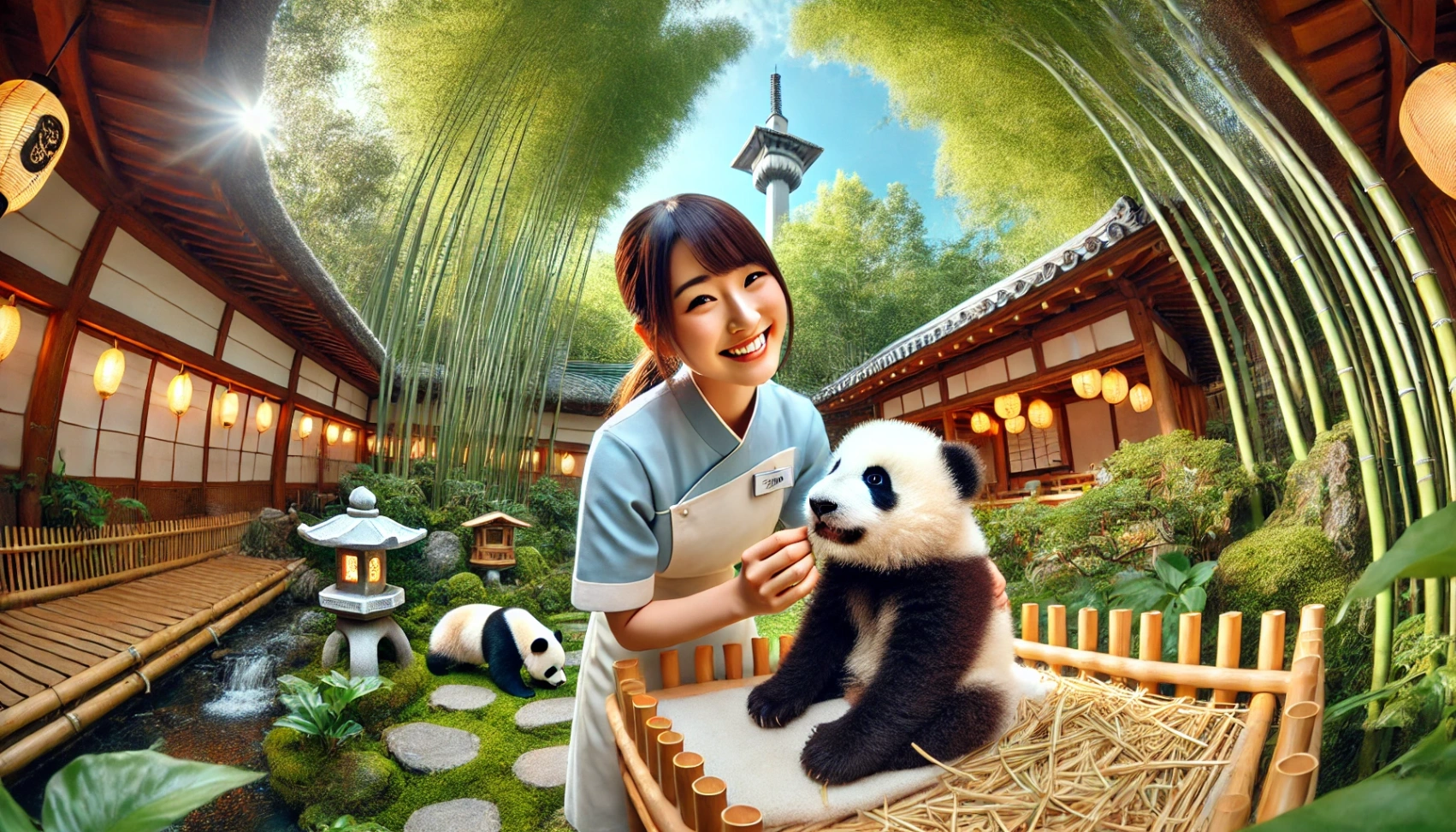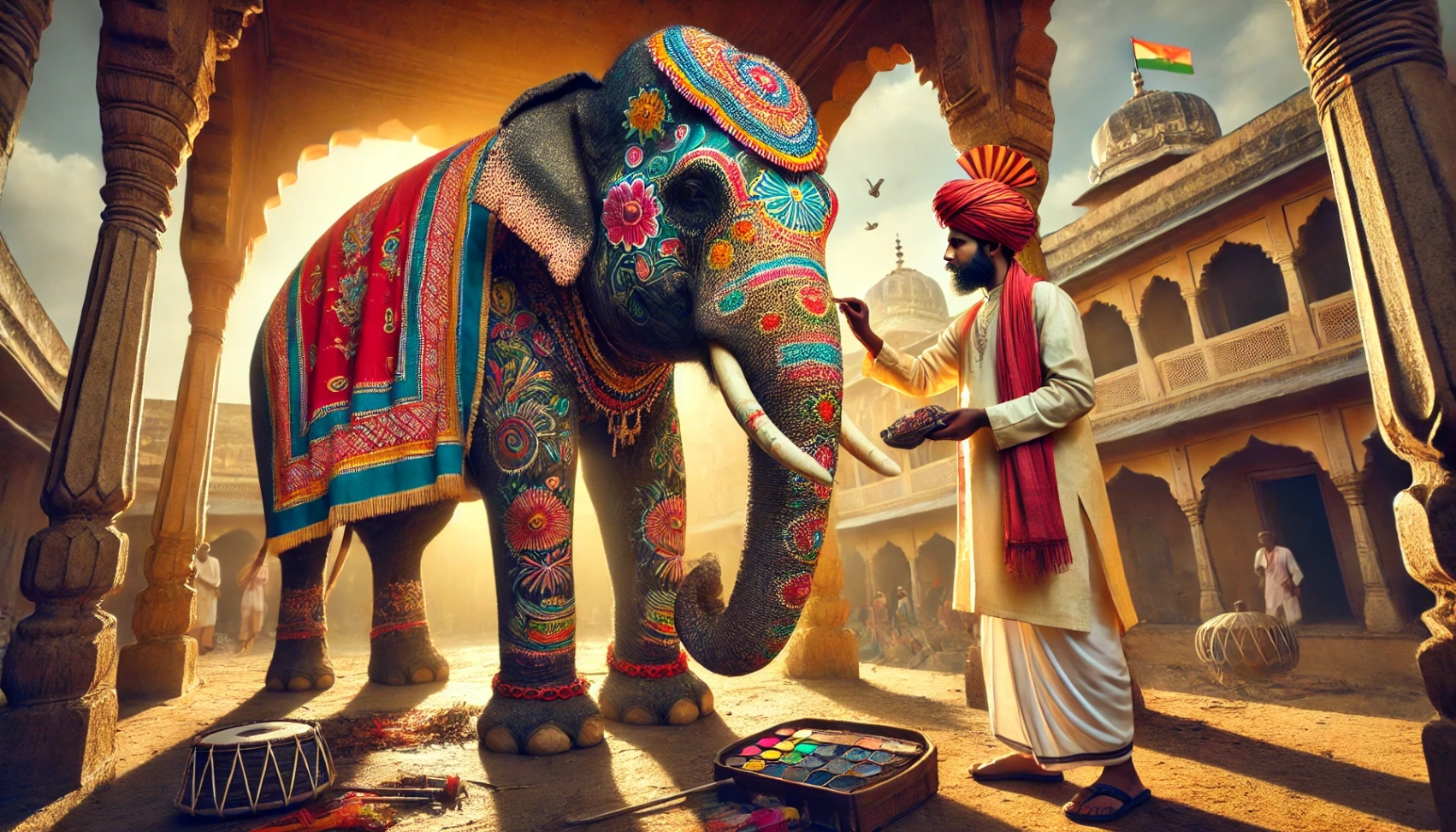Some jobs are so unique that they only exist in certain parts of the world.
These roles may seem strange initially, but they serve real purposes in their local cultures.
In this article, you’ll discover unusual yet real jobs that can only be found in specific countries.
Why Some Jobs Only Exist in Certain Countries
Not all jobs are universal. Some exist only because of specific cultural traditions, environmental conditions, or social needs.
Here are a few reasons why specific jobs are found in just one place:
- Cultural Traditions: Local customs and rituals create demand for roles like professional mourners or geishas.
- Climate and Geography: Jobs like iceberg movers or coconut safety inspectors exist due to natural surroundings.
- Government Policies: Strict laws, like Singapore’s gum ban, lead to niche roles such as gum busters.
- Technological Advancements: Countries with advanced tech, like Japan, need support roles for high-tech devices.
- Social Norms: In some places, loneliness or formal social behavior fuels the demand for rent-a-friend services.
- Tourism and Entertainment: Odd jobs like water slide testers or cheese sculptors cater to fun and promotional needs.
List of Unique Jobs by Country
Some jobs only make sense in the context of where they exist. These roles may sound unusual, but they serve a real purpose in their local environment.
Below is a list of unique jobs, including where they’re found, what they involve, and why they exist only there, using this format:

Professional Mourner in China / Middle East
- What You Do: Attend funerals and cry loudly to express grief on behalf of the family.
- Why It Exists There: Rooted in ancient customs where public mourning shows respect for the deceased.
Snake Milker in Australia
- What You Do: Extract venom from snakes for medical research and antivenom production.
- Why It Exists There: Australia is home to many venomous snakes, which require a constant supply of venom for safety and science.
Oshiya (Train Pusher) in Japan
- What You Do: Push passengers into overcrowded trains to ensure doors can close.
- Why It Exists There: Tokyo’s rail system runs on tight schedules and faces intense rush-hour congestion.
Pet Food Taster in the United Kingdom / USA
- What You Do: Taste and evaluate pet food for texture, flavor, and quality control.
- Why It Exists There: Premium pet food markets demand high standards for taste and safety.
Iceberg Mover in Canada
- What You Do: Track and redirect icebergs to avoid collisions with ships and oil rigs.
- Why It Exists There: Canada’s North Atlantic waters are prone to dangerous iceberg drift.
Water Slide Tester in the United Kingdom (and global resorts)
- What You Do: Ride resort water slides to test speed, safety, and fun.
- Why It Exists There: Tourism companies want real marketing and quality assurance feedback.
Bed Warmer in the United Kingdom
- What You Do: Lie in hotel beds to warm them up before guest arrival.
- Why It Exists There: Some UK hotels introduced this briefly to offer extra comfort in cold seasons.
Gum Buster in Singapore
- What You Do: Remove chewing gum stuck on public sidewalks and areas.
- Why It Exists There: Singapore bans chewing gum and strictly enforces cleanliness.
Coconut Safety Inspector in Thailand
- What You Do: Climb palm trees or inspect areas to remove dangerous coconuts before they fall.
- Why It Exists There: Resorts and beaches must prevent injuries from falling coconuts.

Panda Nanny in China
- What You Do: Take care of baby pandas, feed them, and play with them.
- Why It Exists There: Giant pandas are native to China and are part of national conservation efforts.
Kazoo Professional in the USA
- What You Do: Perform or record music using a kazoo, often for niche events or entertainment.
- Why It Exists There: The kazoo is part of quirky American music and novelty acts.
Rent-A-Friend in Japan
- What You Do: Get hired as a friend, date, or family member for social appearances.
- Why It Exists There: Social isolation and formal social norms increase demand for companionship services.
Professional Sleeper in Finland
- What You Do: Sleep in controlled environments for research or product testing.
- Why It Exists There: Nordic countries lead sleep research and studies on rest quality.
Cheese Sculptor in the USA
- What You Do: Create large sculptures using blocks of cheese for events or fairs.
- Why It Exists There: Cheese sculpting is popular at American state fairs and marketing events.
Toilet Attendant for High-Tech Toilets in Japan
- What You Do: Help tourists understand and use multifunctional toilet systems.
- Why It Exists There: Japan’s toilets are highly advanced and unfamiliar to most visitors.
Face Feeler (Sensory Analyst) in South Korea
- What You Do: Gently touch people’s faces to test the effectiveness of skincare products.
- Why It Exists There: South Korea’s massive beauty industry invests heavily in product testing and user experience.
Ayurvedic Healer in India
- What You Do: Use ancient herbal remedies, oils, and treatments to promote health based on Ayurvedic principles.
- Why It Exists There: Ayurveda is a 3,000-year-old practice recognized and supported in Indian health systems.
Fugu Chef in Japan
- What You Do: Prepare pufferfish (fugu), a dish that requires careful handling to avoid deadly poison.
- Why It Exists There: Fugu is a traditional delicacy in Japan, and only licensed chefs are allowed to prepare it.
Lefse Turner in Norway
- What You Do: Use a special stick to flip thin potato flatbread (lefse) during traditional cooking.
- Why It Exists There: Lefse is a culturally significant food in Norway, made with precision and tradition.

Elephant Dresser (Mahout Assistant) in India / Thailand
- What You Do: Bathe, feed, and decorate elephants for festivals or tourism.
- Why It Exists There: Elephants play a cultural and religious role in many festivals and tourism experiences in Southeast Asia.
What These Jobs Say About Culture and Society
These unique jobs highlight more than just quirky roles—they tell you something about each country’s people, values, and systems.
They exist for specific reasons tied to daily life, tradition, and innovation. Here’s what they reveal:
- Cultural Identity: Roles like professional mourners or panda nannies are tied to long-standing traditions and national pride.
- Social Structure: Jobs such as rent-a-friend reflect modern issues like loneliness and formal social expectations.
- Environmental Response: Iceberg movers and coconut safety inspectors show how people adapt to local natural hazards.
- Technological Influence: Japan’s toilet guides and pet food testers show how innovation creates new job demands.
- Tourism and Entertainment: Water slide testers and cheese sculptors exist to attract, entertain, and promote brands.
- Legal and Policy Impacts: Gum busters in Singapore show how strict laws can lead to particular occupations.
The Bottomline
Jobs you’ll only find in certain countries may seem unusual at first, but they reveal how work evolves to fit local cultures, environments, and values.
These unique roles highlight the creativity and practicality of different societies around the world.
If this sparked your curiosity, dive deeper—explore global career opportunities and discover the fascinating cultures behind these distinctive jobs.











